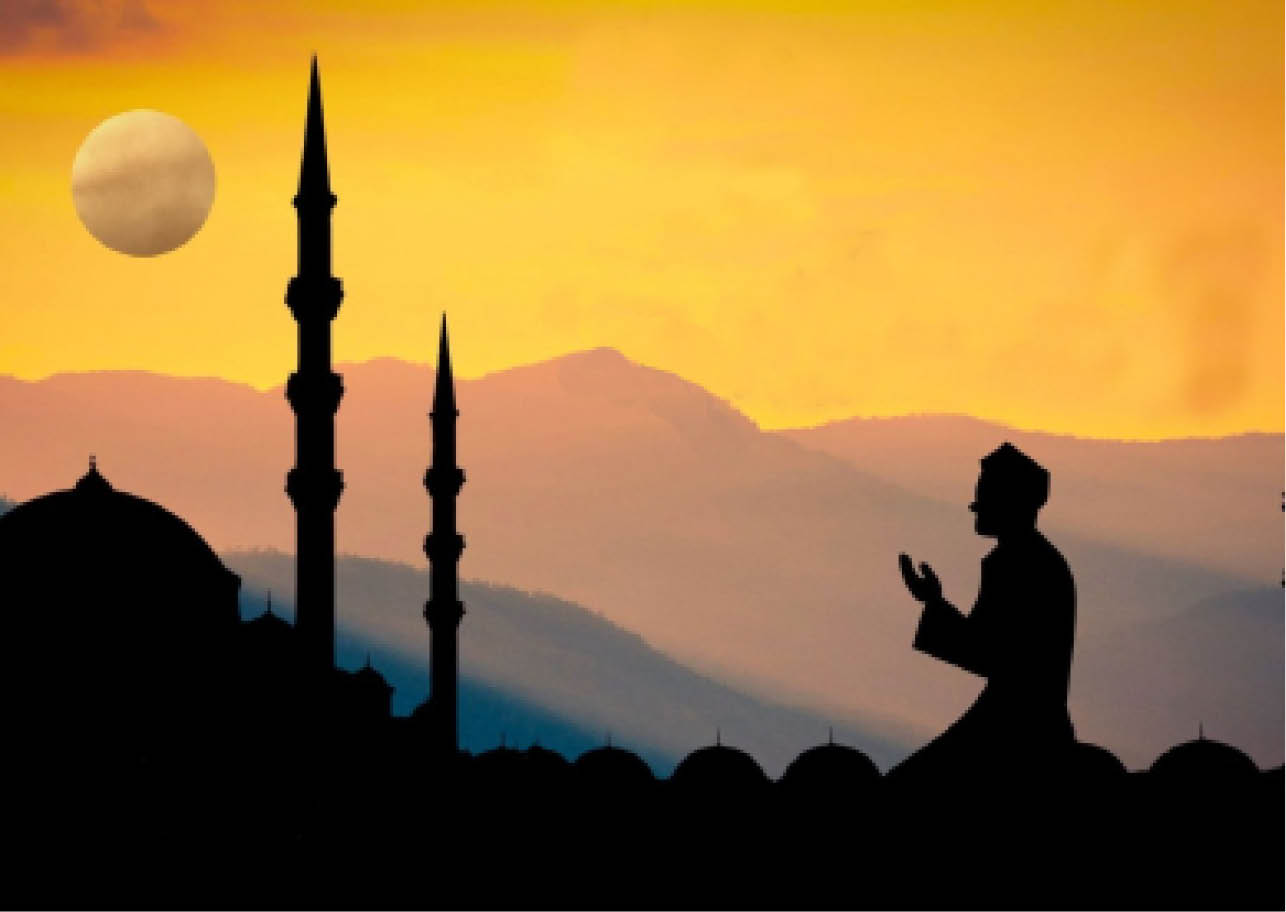Gratitude is due to Allah (SWT) at the start and end of every activity. We are grateful to Allah (SWT) for seeing us through a peaceful Sallah celebration after a 30-day Ramadan fast.
Those who saw Ramadan as a rare spiritual opportunity and took advantage of every aspect of the benefits that came with it are already missing the month. Different people will miss Ramadan for different reasons. It would take another 365 days for this virtuous season to return again. Allahu Akbar!
- 2023: South-West women asks Yahaya Bello to declare for presidency
How ministry used 1971 Decree to dissolve sports federations
Some people will miss Ramadan because it offered them opportunities for mutually interacting with other Muslims at several fora. Besides the regular congregation during the five daily obligatory prayers, Muslims also meet daily at tarawih prayers; at tahajjud prayers; and at tafsir (exegesis of the Qur’an) gatherings. These gatherings are momentarily over and the opportunity shall return only in the next Ramadan. That will be for those who are privileged to be alive. Allahu Akbar!
Others including greengrocers will miss Ramadan for economic reasons because of the high demand for fruits during the period. Now that the holy month of Ramadan is over, fruit sellers will miss it because they are likely to witness a sweeping decline in the number of customers that patronize them. It is not strange that many people do not mind fruits outside of Ramadan.
After Ramadan, devotion should nonetheless continue. It must not cease. Muslims who have no cause for restitution are encouraged to follow up the just concluded Ramadan fast with six days of voluntary fast in this current month of Shawwal. Interested persons are advised to take some few days of rest after Ramadan before embarking on the six days of voluntary fast. This is to avert any possible threat to health because, as the Prophet (SAW) said, our bodies have rights over us. The six days of voluntary fast (otherwise called Sittah Shawwal in Islamic literature) can be observed consecutively or intermittently, as may be convenient for an individual.
Imam Muslim (RA) reports on the authority of Abu Ayyub that the Prophet (SAW) said “…whoever follows Ramadan (fast) with six days (of fasting) in Shawwal would be (considered) as if he had fasted a whole life time”. It is important to reiterate that this prophetic practice of fasting voluntarily for six days in Shawwal is not compulsory on Muslims. A person’s inability or failure to observe the ‘Sittah Shawwal’ does no harm to a person’s Ramadan fast.
We advise those who had genuine cause(s) to skip some days while others fasted during the holy month of Ramadan to immediately pay back such for the number of days they skipped especially if the factors that compelled them to miss some days of fasting are no longer active. Besides illness, others who fall under this category include menstruating women, persons who fell ill or undertook journeys that necessitated their breaking the fast. Imam Malik’s School of Islamic jurisprudence also lists pregnant women among those to pay back their lost days of fasting through restitution. Those who lost some days of fasting in Ramadan which require restitution are not required to embark on the six days of voluntary fast recommended by the Sunnah of the Prophet (SAW) until they have fasted for the number of days, which they missed from Ramadan fast.
Let us strive to be sincere Muslims in our practice of Islam. The spiritual life we live after Ramadan should not be different from the that which we displayed during the holy month. Aside of Ramadan fast and pilgrimage to Makkah (Hajj) which have specific months in which they are to be observed or performed, acts of worship in Islam are not restricted to any particular period of time. The entire period of a man’s lifetime is apt for worshipping Allah (SWT). This is the discernable message from Qur’an 51:56 wherein Allah says “I have only created Jinn and men that they may serve Me”. As Muslims who aspire for more reward in order to attain the ultimate bliss in heaven, we need to work harder to uphold all the acts of ibadah that we made efforts to put forth during Ramadan.
The end of Ramadan shouldn’t be an end to our being righteous or pious. Continuity in worship should be every Muslim’s catchphrase. Besides maintaining all the acts of ibadah observed in Ramadan, the end of Ramadan should be a springboard that further launches us to explore other rewarding acts of worship. Our constant recitation of the Quran; our observance of tahajjud (midnight prayers); our feeding the poor and the needy; our being truthful in our speeches; our being sincere in our thoughts and actions; and our keeping to every act that brings us closer to Allah (SWT) should permeate our life after Ramadan. This is how to live with Ramadan after Ramadan. The only end to a Muslim’s preoccupation with worship is death.
We must take steps to remain steadfast in our acts of worship in order not to lose the relative closeness we were able to establish with Allah (SWT) during the 4-week period of Ramadan. Let us resolve now, as Muslims, never to dream of returning to our pre-Ramadan way of life. Let us vow never to go back to our old life of telling lies in order to remain truthful in our speeches, actions and even thoughts. To keep the memories of Ramadan alive, observing the prophetic voluntary fast every Monday and Thursday is strongly recommended. May Allah (SWT) guide us to remain righteous and devouted Muslims, with or without Ramadan, amin.

 Join Daily Trust WhatsApp Community For Quick Access To News and Happenings Around You.
Join Daily Trust WhatsApp Community For Quick Access To News and Happenings Around You.


